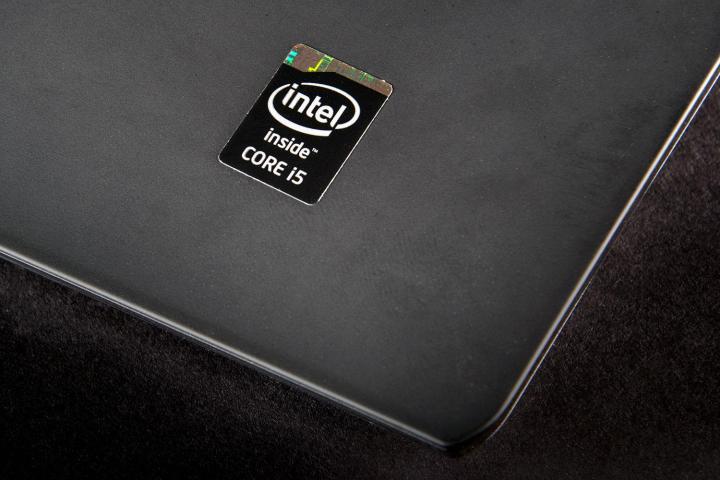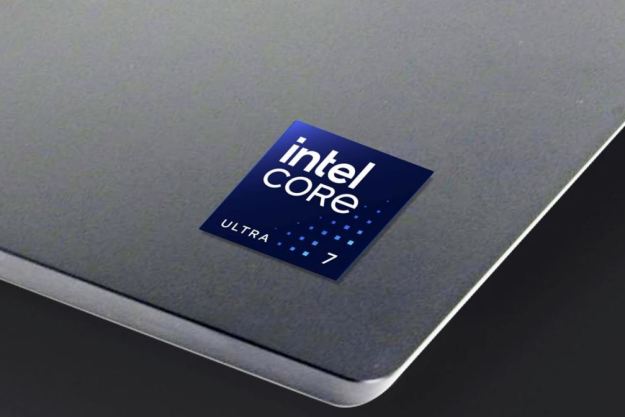
The information is based on a leaked product table from Benchlife that shows Kaby Lake arriving after Skylake. It shows four different processor lines, three intended for mobile systems and one intended for desktops. The latter fits into the LGA1151 socket that will debut with Skylake later this year.
This information, if correct, represents a major blow to Intel’s typical product cycle, which was adopted in 2007. Under the plan, a “tick” represents a reduction in production node size, while a “tock” represents a new architecture. The plan was created not only to provide a firm schedule for improvements, but also because leaping to a new production process and crafting a new architecture, simultaneously, is tremendously challenging. Tackling one task a time reduces the complexity of producing a new chip.
Failing to follow this formula with Cannon Lake would mark the first time Intel hasn’t adhered to its plan since its introduction eight years ago. Intel arguably came close with Broadwell, which introduced 14nm production and was tremendously delayed, but it did eventually come to market. The company is a global leader in consumer processor production. If it fails to produce a 10nm process, it’s likely other foundries will run into similar difficulties.
That’s a big deal. Computer scientists have warned for years that we’re reaching a point where shrinking the production process may no longer be a viable way to improve chips. Technology has prevailed so far, but if Kaby Lake is real, the era of ever-shrinking transistor size may have come to an unceremonious end.
Don’t fret yet, though. The table circulated by Benchlife is not official and Intel, as is typical, has declined to comment on what it considers mere speculation. It’s possible that the information is incorrect, made up, or represents a new platform that will launch alongside a limited release of Cannon Lake chips.
Skylake is slated to arrive at the very end of August or early September, and will likely launch for laptops and desktops simultaneously. That launch will occur right after the Intel Developer Forum, which is held August 18th through the 20th. If Intel does plan to announce a new direction for its chips in the near future, IDF would be the place to announce it.
Editors' Recommendations
- It just became the perfect time to buy a last-gen Intel CPU
- Reviewers agree: Intel’s latest chip is truly ridiculous
- Intel 14th-gen Meteor Lake: architecture, specs, and performance
- Intel’s Raptor Lake refresh prices have leaked, and hikes are on the way
- Intel Meteor Lake is coming to desktop, but there’s a big catch


